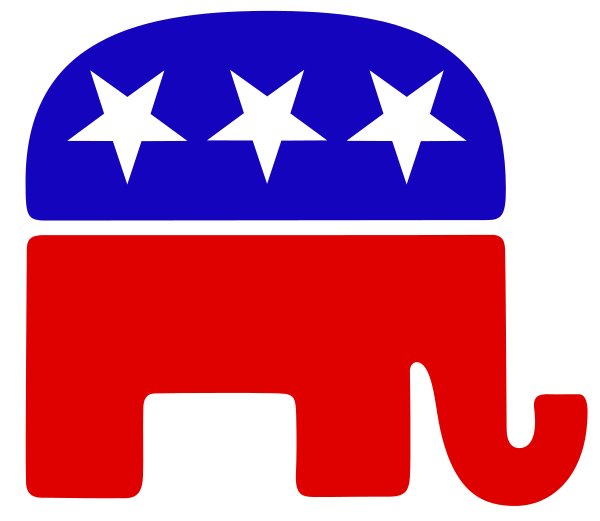The saying goes, “You can-not serve God and mammon.” However, the Republican Party has tried for decades to fuse the two. This alliance of capitalists, neo-cons and Christian evangelicals make strange bedfellows, but they have common agendas: creating unregulated free markets, spreading democracy around the globe, limiting the role of government, and restoring Christianity. This years Republican primary is a case history of the struggle to hold these interests together.
Ronald Reagan began this strategy by speaking about a “morning in America”, spinning stories about
welfare queens in Cadillacs and mourning the break- down of the family. This would change, he
promised, if you gave up your union membership, went to church and turned to capitalism.
Preaching this good news throughout the Deep South and the Rust Belt, with the aid of neo-cons and
Wall Street, Reagan built a doctrine of Jesus and capitalism that manipulated evangeli- cals and
white blue-collar workers into becoming Reagan Democrats.
Once in office, he crushed air traffic controllers for wanting better working conditions and his economic policies ushered in an era of corporate greed. Republicans still spin the myth of the Reagan legacy. On Election Day, working class citizens still wave the American flag willfully voting their jobs away and praying that Jesus will provide.
The Republican Party splintered after Reagan left office. While George H.W. Bush tried his best to keep the unholy alliance alive, his decision to raise taxes on the wealthy infuriated the party. The cultural conservatives joined Pat Robertson. Blue-collar workers sided with Pat Buchanan, and Wall Street support- ed Ross Perot. This friction helped elect Bill Clinton.
Clinton’s terms further fractured the unholy alliance. Despite an economic boom, a budget surplus
and the record number of Americans at work, the Re- publicans kept trying to get rid of Clin- ton.
While numerous scandals and an impeachment were unable to get him out of office, Clinton’s
lifestyle did re- unite the pro-business wing and cultural conservatives as they pursued the White
House in 2000.
George W. Bush’s message of compassionate conservatism resonated with all parts of the Axis of
Evil. Preaching Je- sus while executing people in Texas, he helped his friends by deregulating the
market and destroying the EPA. W.’s actions not only united his base it unit- ed the rest of America–by pissing it off. While Americans wanted revenge for 9/11, his administration was secretly dismantling civil liberties.
The anti-war sentiment of the American people along with the financial crisis of 2008 again fragmented the Re- publican Party leading to the election of President Obama. While many Americans were jubilant, Republicans were again united by the common purpose of obstructing the administration. Donald Trump raised fears that he would redistribute wealth by letting tax cuts expire, right-wing commentators like Rush Limbaugh and Glenn Beck tapped into racial fears by calling him a Muslim.
With a message of Jesus and job creation, in 2010, this unholy alliance of businessman and Evangelicals took control of the House of Representatives in a rout. Right-wingers claimed the end of the Democratic Party was imminent as the Tea Party, evangelicals, greedy capitalists and the rest of the Republican tent rallied around the flagpole.
As we move into the 2012 election, we will see if the unholy alliance of evangelicals and greedy capitalists will be able to overtake the White House again or if their tenuous relationship will disintegrate splitting the party and sealing reelection for President Obama.







